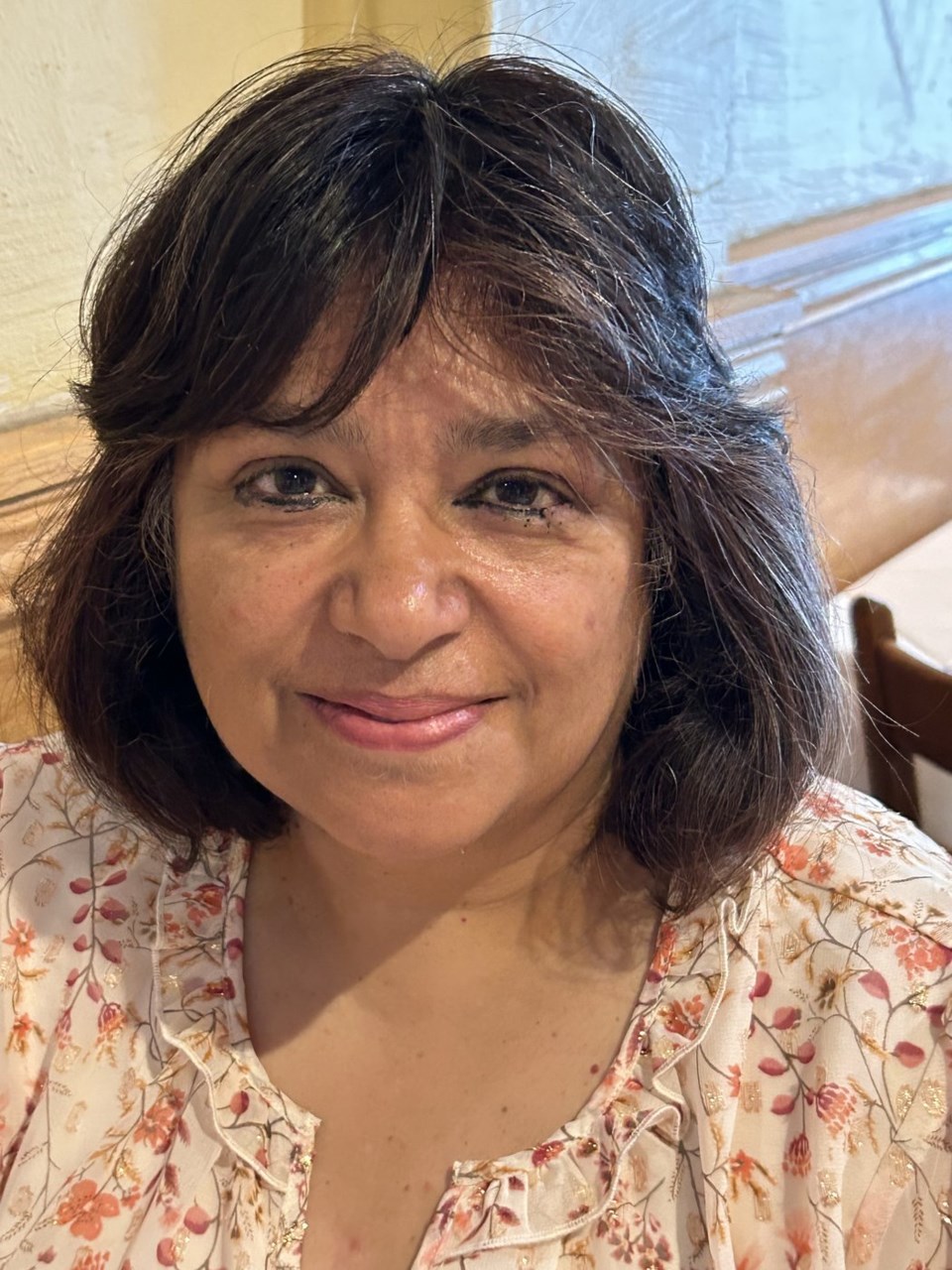The Nunavut government says it will provide immunization against respiratory syncytial virus to all infants in the territory this fall, a policy change that one pediatric infectious diseases specialist has been advocating for decades.
"This new immunization program is vital because RSV ... poses a significant health risk to infants," Dr. Ekua Agyemang, Nunavut's deputy chief medical officer of health, said in an email to The Canadian Press on Thursday.
The territory will give infants Nirsevimab, a single-dose antibody injection with the brand name Beyfortus, that was authorized by Health Canada in April 2023. The antibody injection is approved for newborns and infants during their first RSV season, as well as children up to 24 months old who continue to be at risk of severe illness.
Previously, Nirsevimab was mostly recommended for infants who were born prematurely because of their increased vulnerability to lower respiratory tract infection from the virus.
But all Inuit infants — including those carried to full term — are at higher risk of serious illness from RSV due to risk factors such as crowded living conditions, as well as being far from hospital care if they need it, said Dr. Anna Banerji, a pediatric infectious diseases specialist in Toronto who has spent decades lobbying for universal immunization for Inuit infants.
"If a baby in Nunavut in (a) rural community gets sick with RSV then they have to wait for a medical evacuation team to come and get them," Banerji said in an interview.
"If there's a wind storm or a snowstorm, then these babies can't get medevaced out in time so they might have to wait several hours or sometimes even a couple of days. And during that time these babies deteriorate,” she said.
Banerji was doing a pediatric rotation in an Iqaluit hospital in 1995 and was alarmed by the disproportionate number of babies who were very ill from RSV compared to infants in Canada's south.
When an antibody injection called Palivizumab was approved by Health Canada in the 2000s, she advocated for it to be provided to all Inuit babies but the National Advisory Committee on Immunization only recommended its use for babies born prematurely.
Palivizumab was also a more difficult antibody to administer, since it required four or five shots spaced apart during the RSV season.
Once the single-dose Nirsevimab became available, Banerji continued her advocacy efforts, including an online petition, to make it available to all Inuit infants.
In May of this year, the National Advisory Committee on Immunization changed its recommendation to prioritize Nirsevimab not only for premature infants, but also First Nations, Métis and Inuit infants who were at high risk of severe RSV disease due to social, environmental and economic factors, or who do not have easy access to transportation to get health care.
Banerji said she is "thrilled" and "relieved" now that Nunavut has adopted that recommendation and will give Nirsevimab to all infants this fall.
Agyemang, Nunavut's deputy chief medical officer of health, said the immunization program is expected to begin when RSV season starts, which will be determined by local case numbers.
"This initiative is an essential step toward enhancing the overall health and well-being of Nunavut's youngest residents," Agyemang said.
This report by The Canadian Press was first published Sept. 19, 2024.
Canadian Press health coverage receives support through a partnership with the Canadian Medical Association. CP is solely responsible for this content.
Nicole Ireland, The Canadian Press




